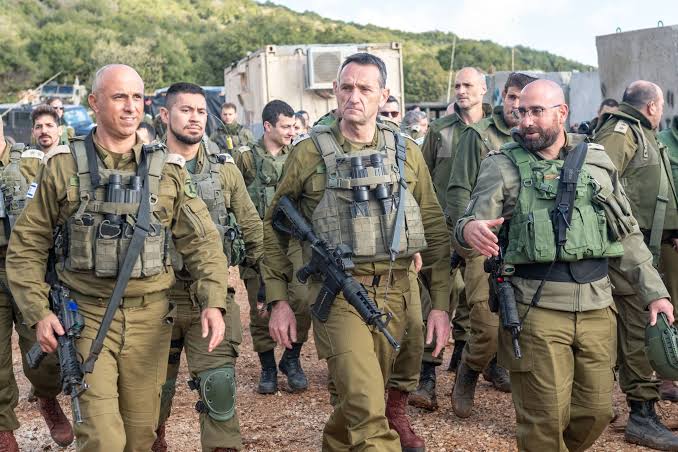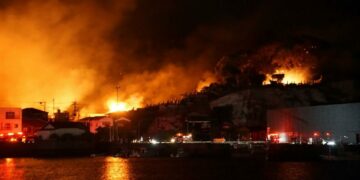Israel has rejected calls for a United States backed ceasefire with Hezbollah, opting to continue its military offensive in northern Lebanon despite pressure from international allies, including the United States and France, for a 21-day truce.
Israeli Foreign Minister Israel Katz made the country’s stance clear on Thursday, stating, “There will be no ceasefire in the north. We will continue to fight against the Hezbollah terrorist organisation with all our strength until victory and the safe return of the residents of the north to their homes.”
The rejection dashed hopes for an immediate halt to the fighting, which has seen the heaviest clashes between Israel and the Iran-backed Hezbollah in nearly two decades.
Lebanon’s Prime Minister Najib Mikati had expressed optimism about a ceasefire, saying, “Hopefully, yes,” in response to questions about the possibility of securing a truce.
International leaders, including those at the United Nations, have voiced growing concerns about the escalating conflict, which now runs parallel to Israel’s ongoing war in Gaza.
The conflict along the Israeli-Lebanese border has heightened fears of a broader war in the region, with Hezbollah firing hundreds of missiles into Israel, including at its commercial hub Tel Aviv.
Israel’s aerial defense systems have intercepted many of the missiles, limiting damage.
Israeli Prime Minister Benjamin Netanyahu, who is heading to New York for the United Nations General Assembly, has yet to give a formal response to the truce proposal but has instructed the Israeli army to continue its military operations.
Hardliners in his government have pushed back against any potential ceasefire, arguing that Israel should continue its offensive until Hezbollah is forced to surrender.
The Israeli military has launched its most intense airstrikes against Lebanon since the 2006 war, killing more than 600 people over the past week.
Israel has ramped up its attacks since Monday, with over 550 people killed in Lebanon in a single day, marking the deadliest day since Lebanon’s civil war ended in 1990.
Israeli Army Chief Herzi Halevi signaled the possibility of a ground assault, telling troops near the border to be prepared for further escalation.
Meanwhile, Lebanon has been grappling with the humanitarian fallout with thousands of Lebanese fleeing their homes and many seeking refuge in schools in Beirut. Aid organizations are distributing food, clothing, and medical supplies, as elderly evacuees struggle without their prescriptions.
In one shelter, a woman asked, “I just want to know if there will be a little electricity at night so I can go buy a fan.”
Hezbollah’s attacks, including missile strikes on Israeli territory, were met with retaliatory airstrikes from Israel.
On Thursday, the Israeli military reported firing on dozens of Hezbollah targets, including fighters and weapons depots. Forty-five projectiles were fired from Lebanon toward Israel’s western Galilee, some of which were intercepted.
Lebanon’s transport minister confirmed that an Israeli strike hit a border crossing between Lebanon and Syria, killing 23 Syrians, mostly women and children, in a three-story building in the Lebanese town of Younine.
This adds to the already devastating toll on Lebanon, which is home to 1.5 million Syrian refugees displaced by Syria’s civil war.
Turkey is now preparing to evacuate its citizens from Lebanon due to the growing violence, and other neighbouring countries have also expressed concerns for the safety of their nationals.
The hostilities have been ongoing for over a year, with Hezbollah initially firing rockets into Israel in solidarity with the Palestinian group Hamas, which is engaged in its own conflict with Israel in Gaza.





